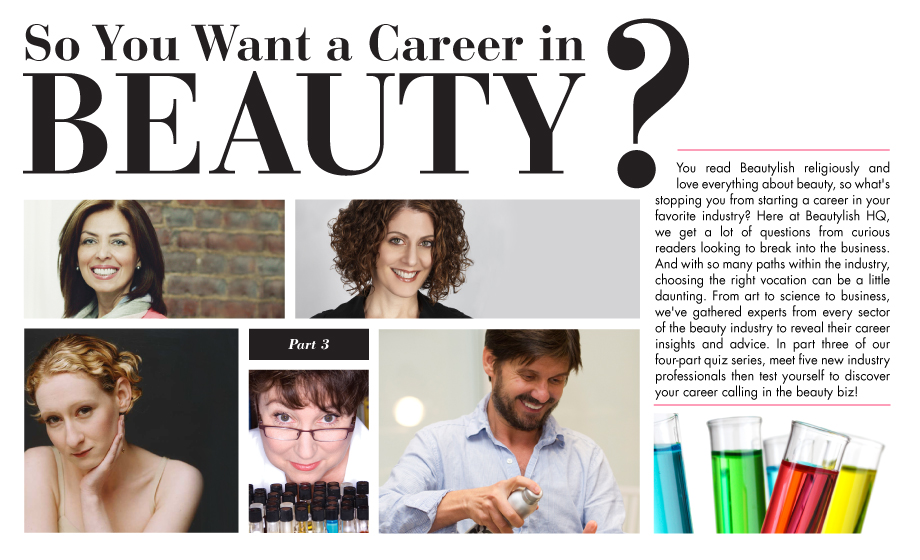You Might Also Like
-
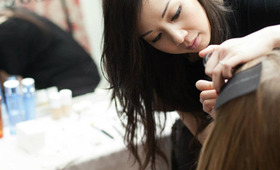
Beauty Careers
How Social Media Launched an Amazing Makeup Career
- 165
-
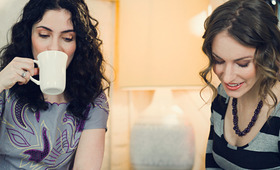
Beauty Careers
A Beginner's Guide to Beauty Networking
- 450
-
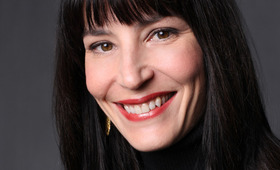
Beauty Careers
Beauty Careers: What it Takes to Make it in Marketing
- 237
-
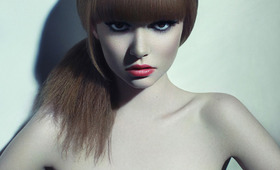
Beauty Careers
Gaining Representation: Is a Makeup Artist's Agent Worth It?
- 308
-

Beauty Careers
Morticians Are Makeup Artists Too
- 195
-
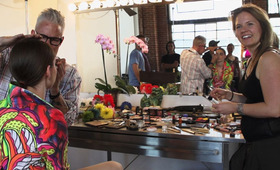
Beauty Careers
On-Set Schooling: How to Become a Successful Makeup Artist’s Assistant
- 524



